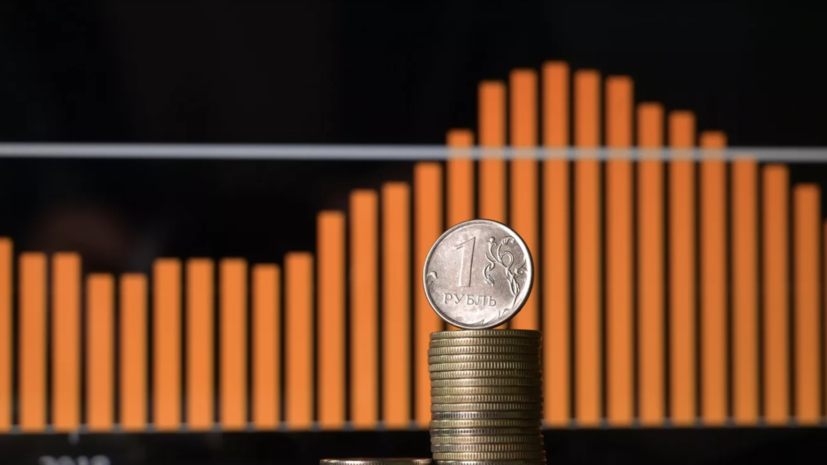According to RBC, this is stated in the article by the director of the Institute of Economic Forecasting (INP) of the Russian Academy of Sciences Alexander Shirov.
“Such rates, especially in the context of external economic restrictions, will not allow the Russian economy to remain competitive,” the author notes.
According to Shirov's inertial scenario, in 2026-2030 the average annual growth rate of the economy will slow down to 1.7%, and in 2031-2040 to 1.6%.
Earlier, Finance Minister Anton Siluanov said that Russia's budget deficit in 2022 could exceed 0.9% of GDP.
He noted that the social obligations of the budget for the next years will be provided in an unconditional manner.
Russian President Vladimir Putin instructed, when preparing the federal budget for the next three years, to keep a line on its stability and balance.
Meanwhile, the head of the Accounts Chamber, Alexei Kudrin, expressed the opinion that the dependence of the economy on hydrocarbons is Russia's main weakness.
According to him, this dependence reduces the efficiency of many institutions, and noted that Russia needs to learn how to work with this weakness.

